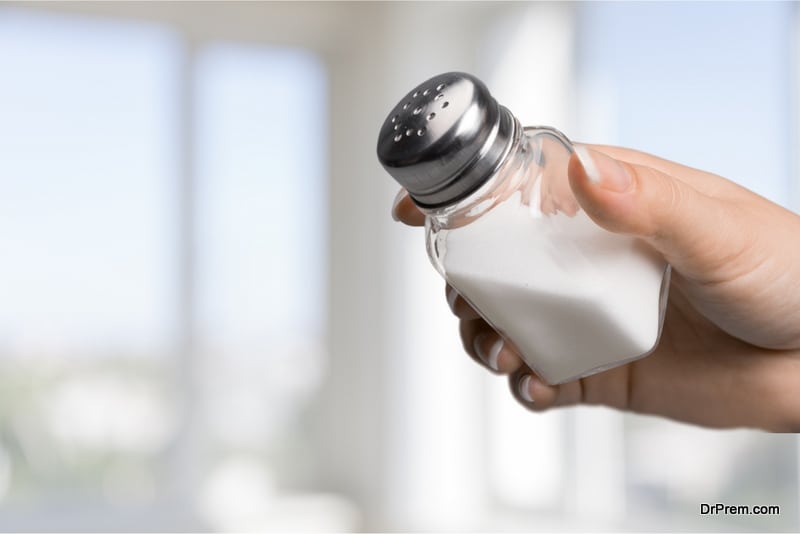It is common knowledge that consuming too much sodium is bad for our health. But, it may not be clear exactly why this is so and how to best avoid salt. Sodium can be hidden in foods when we do not expect it, and this makes eating healthy more difficult, even for those who actively try to reduce their salt intake. It is particularly important for those with heart problems and diabetes to avoid eating too much salt. This means seniors are at a high risk and should pay extra attention to foods they eat.
 Medical professionals like registered nurses, registered practical nurses, and other caregivers at Integracare can provide advice about nutrition that suits the individual and their circumstances. Personal Support Workers can help with meal planning, grocery shopping, meal preparation, and help clients avoid sodium and other harmful additives in their food.
Medical professionals like registered nurses, registered practical nurses, and other caregivers at Integracare can provide advice about nutrition that suits the individual and their circumstances. Personal Support Workers can help with meal planning, grocery shopping, meal preparation, and help clients avoid sodium and other harmful additives in their food.
Consuming too much salt is associated with increased blood pressure and heart problems. Salt in the body makes it retain water, and this adds pressure to heart functioning. Retaining water is another phrase for bloating, so when one reduces their salt intake, they also lose water weight. About a third of North Americans will develop heart problems like high blood pressure. High sodium intake is also linked to stroke, osteoporosis, and certain types of cancers.
It’s difficult to avoid salt because when it is combined with sugar and fat, especially, it is a tasty flavour combination. Also, we are accustomed to eating too much sodium, so our palates are aligned with tasting that higher amount. Thankfully, when salt is decreased, our palates can readjust, and we no longer crave it as much. Plus, we can better enjoy the real, natural flavours present in foods without corrupted tasting mechanisms interfering.

Salt is hidden in many foods. A good rule of thumb is to avoid processed and pre-packaged foods where a lot of salt lurks. Over three-quarters of the sodium we eat comes from processed foods. Foods that do not necessarily taste salty, like cereal, bread, and sweets, can contain surprising amounts. It is an excellent habit to read the nutrition information labels on packaged food to make wise choices. Some salty foods to watch out for include:
- Cereal
- Soup
- Dressing
- Prepared Sauces
- Baking Mixes
- Frozen Entrees
- Cheese
- Bread
- Vegetable Juice
- Canned Vegetables
- Frozen Meat Entrees and Appetizers
- Muffins and Cookies
- Pickles and Olives
Some of those items are surprising – sweetness hides salt, and sodium helps keep canned foods viable. The best overall method to reduce sodium in your diet is to make food at home from fresh and frozen ingredients (as long as salt is not added). Add flavour to recipes using a variety of spices, dried and fresh herbs, and healthy unsaturated fats like olive oil and avocado oil. Using a variety of ingredients also adds a blend of flavours that are pleasing to the palate. Give your tongue time to adjust once you have reduced your salt intake. The foods you eat might seem bland and encourage you to reach for the shaker, but your tastes will improve with time!
Article Submitted By Community Writer




